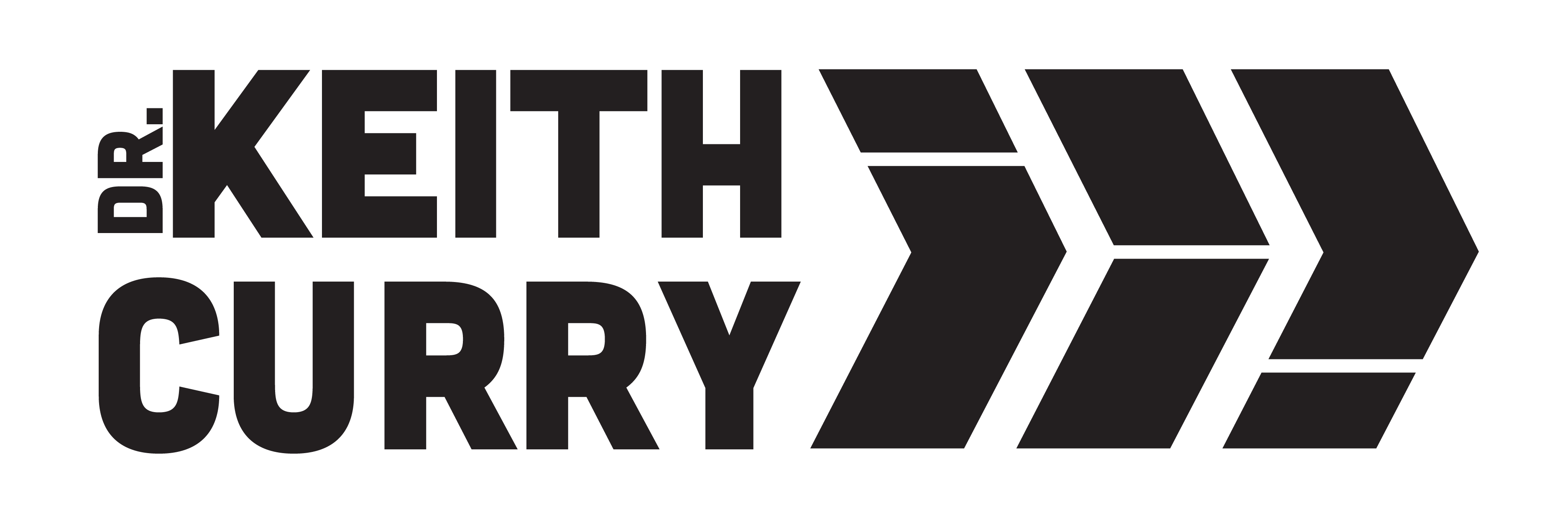As the cost of a college education continues to rise and many are feeling the pain of record inflation, we are seeing more people question the value of a postsecondary degree or certificate – all while student loans remain unforgiven (I have a lot to say on student loan forgiveness, but I will hold for another thought). Many would-be students are choosing to forgo college altogether, as evidenced by enrollment’s downward trajectory in recent years. Potential students are asking themselves questions like “Is college worth it?”, “Will I have to go into debt?”, “Will the debt put an undue burden on my family?”, “Can I afford childcare?”, “Will my credential lead to a well-paying job that will rationalize the cost of my credential?” And so on.
When we get to the heart of these questions, it is clear that college leaders and policymakers must address the value proposition for prospective students, or we will see attrition rates continue to diminish postsecondary education and its standing in our society. A recent poll shows public confidence in higher education has fallen drastically, with just 36% of Americans indicating that they view postsecondary education positively.
We do have solid data on our side – college is still beneficial in the long run. With return on investment at the forefront of most college students’ minds, future earnings are an essential benefit of higher education, and we must do a better job of telling these alumni success stories. For example, according to data from 2021 (and it should be noted, still very much in the middle of the COVID-19 pandemic), the median earnings for individuals aged 25 and older with a bachelor’s degree were 65% higher than those with only a high school diploma. By age 34, the average college graduate can expect to earn enough relative to a high school graduate to make up for the four years spent outside the labor force and accumulated debt during college1.
Moreover, economic mobility is significant for underrepresented students who obtain bachelor’s degrees or higher. Specifically, HBCUs (and other MSIs) are strong economic mobility engines for the students they serve and have a mobility rate double that of non-minority serving institutions2. As it relates to earnings and the ability to improve economic status, college education continues to be integral for Black learners and students of color.
Thus far, we have focused on just the financial aspect of the value proposition, but postsecondary education has the potential to offer value beyond a student’s net worth. (Although in accordance with Maslow, we know that basic needs come first. If you can’t afford to put food on the table, then you’re not thinking about self-actualization). When we consider the value of a credential beyond the actual return on investment, we know that learners gain skills and experiences that are immeasurable and invaluable to their futures, and this is especially true for students of color. Higher education and the college experience offer an opportunity for personal growth, the shaping of identity, an indispensable network, career support beyond graduation, and a knowledge/skills base that can be applied for years to come.
To address the value proposition for learners, institutions must be transparent regarding the total cost of education with students, clear about the pathways to completing degrees and certificates, and, most importantly, institutions must provide students with a sense of belonging. Institutions must acknowledge that, until we fix systems, policies, and structures, we are failing our students. This is the impetus behind LEVEL UP and Get REAL, a nationwide network of CEOs, community college executives, and state and federal officials coming together to develop a strategy to boost Black students’ enrollment and completion in postsecondary programs. While our group focuses on Black student enrollment (a demographic that has suffered some of the most significant enrollment declines), this formula can be applied to all postsecondary institutions to reaffirm the value proposition of a degree or certificate for our prospective students.
To learn more about how we can support Black learners as they navigate higher education, visit: https://www.community4blacklearnerexcellence.com/publications.
References
- Espinosa, Lorelle L., et al. “Minority serving institutions as engines of upward mobility.” American Council on Education, 2018, https://www.acenet.edu/Documents/MSIs-as-Engines-of-Upward-Mobility.pdf
- Ma, Jennifer and Matea Pender (2023), Education Pays 2023, New York: College Board https://research.collegeboard.org/media/pdf/education-pays-2023.pdf
